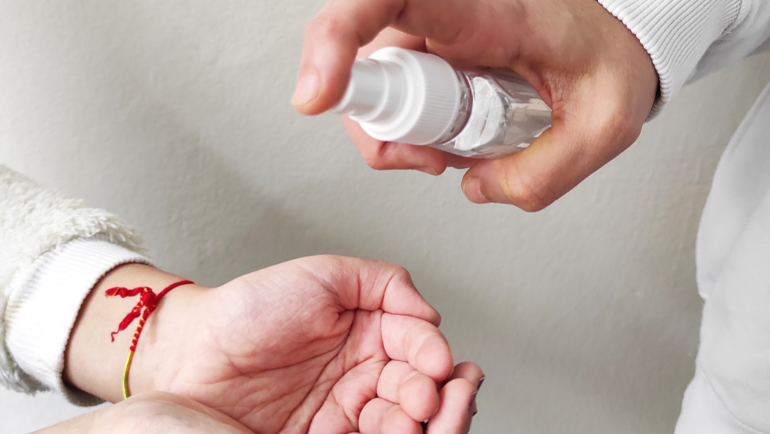
The holidays are a time for reconnecting with family, sharing special foods, presents and celebrating the season. Unfortunately, it’s also a time when we can share viruses.
“With three major viral infections circulating and dozens of others that can cause respiratory illness, we can share more than gifts during the holiday season,” said Paul Kilgore, M.D., co-director of the Wayne State Center for Emerging and Infectious Diseases. “While COVID-19 rates are not nearly as high as they were last year at this time, the virus is still circulating, still causing hospitalizations and deaths, especially among those who are not fully vaccinated. Seasonal influenza is also circulating at moderate levels, according to the CDC, and Respiratory Syncytial Virus Infection, or RSV, levels are also quite high.”
So how do we avoid bringing a viral Grinch to our holiday parties? While it’s not possible to avoid all possible exposures, there are steps we can take to be healthy for the holidays.
“First and foremost, get up-to-date with Covid-19 and influenzas vaccines” said Mark Zervos, M.D. co-director, of the Wayne State Center for Emerging and Infectious Diseases, assistant dean for Global Affairs at the WSU School of Medicine and head of Infectious Diseases for Henry Ford Health. “Vaccines are widely available and are your best line of defense. Second, practice good infection hygiene. Wash your hands with soap and warm water, and ask your guests to do so as well. Have hand sanitizer readily available so guests can clean their hands when they come to visit. It’s still important to avoid being in large gatherings of people in close quarters unmasked. Masks are still very helpful to prevent spread of respiratory infections. Wiping down frequently-touched surfaces like doorknobs, sink faucets and countertops, with a disinfecting cleaner can also help reduce chances of exposure.”
“In addition, if you feel sick or unwell, it’s best to stay home and take care of yourself to aid in your recovery as soon as possible and avoid exposing others to infectious agents,” said Teena Chopra, M.D., M.P.H., professor of Infectious Diseases at Wayne State University and an expert with the Center for Emerging and Infectious Diseases “If you have symptoms of COVID-19, influenza or RSV, it’s important to take steps with your health care provider to discuss how and where to get tested. Testing can help you know what the best treatment is so you can feel better faster.”
Public health professionals expect an additional surge of viral illness after the holidays, putting additional pressure on already-stressed hospitals. These simple steps can help reduce the level of illness and keep families holiday healthy.